Ohio Farm Bureau Podcast: New EPA Rules Impact Ohio’s Electricity
A new EPA rule that would further impact the reliability and affordability of electricity to Ohioans was recently released.
Read MoreConsumer demand is a loud drum that can be heard beating from the smallest freezer beef operation in southern Ohio to the offices of Wendy’s corporate headquarters in Dublin.
When Wendy’s, the second largest fast food hamburger chain in the U.S., announced that beginning in 2019 cattle they purchase must originate from producers and feedyards who are Beef Quality Assurance certified, the drum beat created a stampede.
“We spent all of 2018 and will spend at least a third of 2019 certifying cattlemen through the Beef Quality Assurance program,” said Stan Smith, a program assistant for agriculture and natural resources at OSU Extension, Fairfield County. He serves as editor of the Ohio BEEF Cattle letter, a weekly publication of the OSU Extension Beef Team.
Since Wendy’s and Tyson Foods, which harvest and process 25 percent of the beef market share in the U.S., made similar announcements, Smith said 5,300 Ohio cattle producers have gone through training and received their certification, which must be renewed every three years.
“The response has been huge,” Smith said of the push to get certified. “Even though a couple huge packers aren’t requiring it, yet, these statements have started a chain reaction. The acceptance has been phenomenal.”
Corporations like Wendy’s, Tyson Foods and Bob Evans make it a point to listen to their customers, and what they hear has a ripple effect throughout their entire food chain.
For years, Bob Evans Farms has used a panel of consumers to test new ideas and product concepts. The company collects feedback from customers and closely follows consumer attitudes and shopping trends.
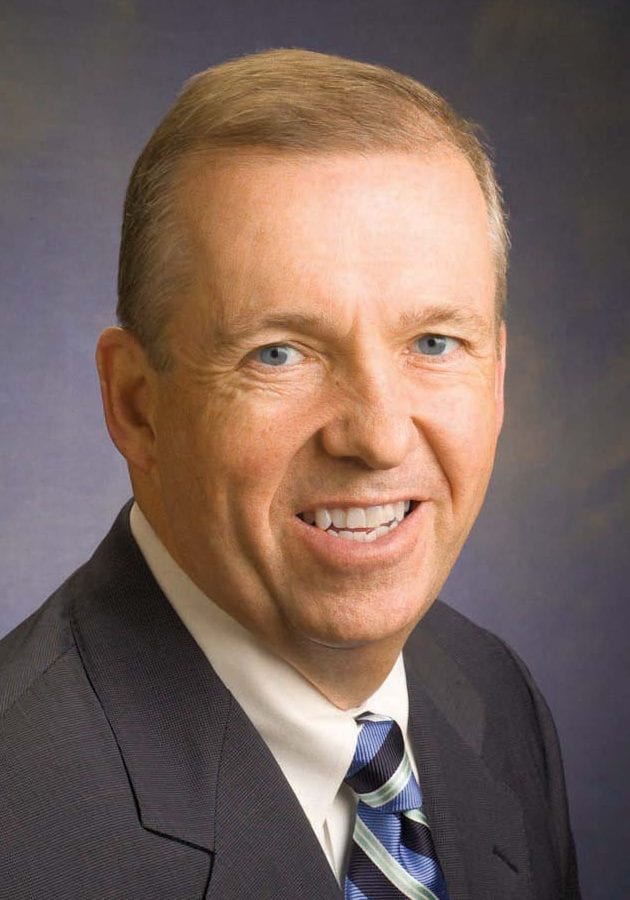
Bob Evans even has a consumer relations phone line to sign up participants for the program. The suggestions sometimes can cause the company, like others in the food production business, to change policy about how their products are raised and grown. In those cases, industry participants say it’s critical to work with your suppliers to smooth the transition of changing expectations.
For instance, Bob Evans Farms President and CEO Mike Townsley said his company’s supply chain team works hard to source the right ingredients and materials. In the case of pork, all of the suppliers are Pork Quality Assurance certified by the National Pork Board, so there are built-in expectations from the suppliers.
Sometimes change comes as a reaction to a new consumer trend. If you’ve seen Bob Evans’ classic side dishes, such as mashed potatoes and macaroni and cheese, at the supermarket, you might have noticed a dash of protein added to the mix.
The New Albany company recently picked up on consumer demand for a more substantial side, so it came up with the Family Classics line of ready-to-cook meals. The two first incarnations, Creamy Chicken and Noodle Pasta and Roasted Chicken Alfredo Pasta, have debuted to great reviews.
“The Family Classics line has been one of our most-successful launches ever,” Townsley said. “This just goes to show the power of listening to your consumer.”
Bob Evans routinely tracks consumer demand, even setting up a toll-free hotline that consumers can use to enroll in a test panel. Townsley said that spirit of cooperation extends to other lines of business for the 65-year-old company. Bob Evans has been seeking to procure more ingredients from local sources, which benefits Ohio farmers.
For instance, the company’s sausage plant in Xenia has increased its local sourcing of sows from 10 percent a year ago to 36 percent today. Much of that work has fallen on the company’s supply chain team, which seeks out Pork Quality Assurance qualified suppliers.
“That’s a very big change and improvement in a relatively short amount of time, and something I’m very proud of,” Townsley said.
“Hot & juicy” used to be the catchphrase for Wendy’s hamburgers. In recent years, the Wendy’s Company research and development team began noticing consumer demand for more tender and juicy chicken sandwiches.
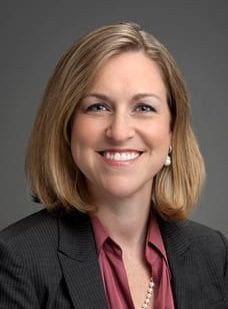
“Our solution was to change to sourcing only smaller birds, which immediately and significantly improved the texture of the chicken on our menu,” said Liliana Esposito, chief communications officer for the Dublin-based company.
The project can’t be accomplished for chicken feed. Wendy’s estimates it will cost nearly $30 million to source smaller chickens in all of its markets.
Like many franchised organizations, Wendy’s has an independent supply chain cooperative responsible for purchasing for all Wendy’s restaurants in North America. The company made the small-bird decision in partnership with suppliers and the farmers that supply them, involving relationships all the way to the hatchery.
Wendy’s team consults with industry and animal welfare experts to ensure proper treatment of chickens. In 2001 the company established an animal welfare counsel, a group of nine industry experts from business and academia to support proper animal care. The company also develops partnerships with suppliers that assures they provide animals balanced diets, an environment where they’re well cared for and safe, space for the animals to interact with their environment and protection from neglect or mistreatment.

“Wendy’s values the input of our suppliers, our supply chain co-op, quality assurance and animal welfare experts and our internal research and development team,” Esposito said. “We want to ensure Wendy’s is heading in the right direction and that these decisions are carried out in the best possible way for our customers, the animals and our suppliers.”
That’s what farmers want as well.
While becoming certified became a priority over the last year and a half, the Beef Quality Assurance certification program has been around for more than 30 years. It remains a voluntary program, Smith said.
“We want to raise cattle in a fashion that is as environmentally friendly as possible,” Smith said, noting that sustaining the “social license to farm” rests squarely on the shoulders of farmers and consumers.
“(Farmers) can be as independent as we want to be,” Smith said. “We don’t have to comply, but if we want demand to remain strong we have to.”


A new EPA rule that would further impact the reliability and affordability of electricity to Ohioans was recently released.
Read More

Changing leaves signal that deer hunting season is upon us. In the September/October issue of Our Ohio magazine, we take…
Read More
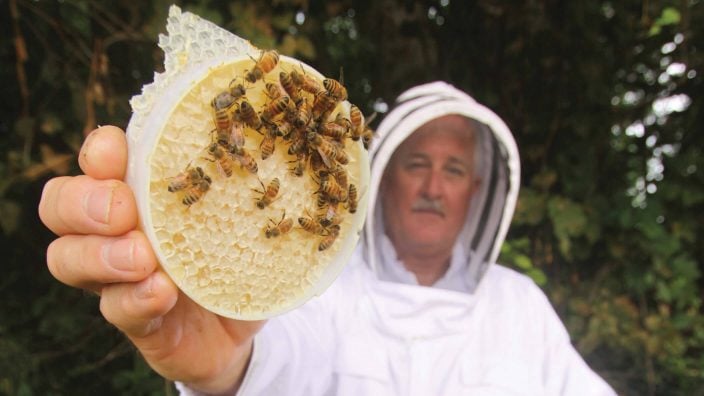
Editor Kelli Milligan Stammen shares an overview of upcoming stories, including pollinators, drone technology, biofuels and water quality.
Read More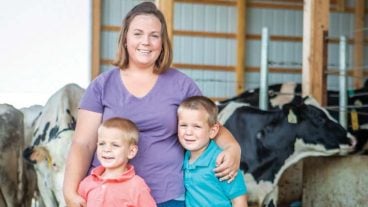
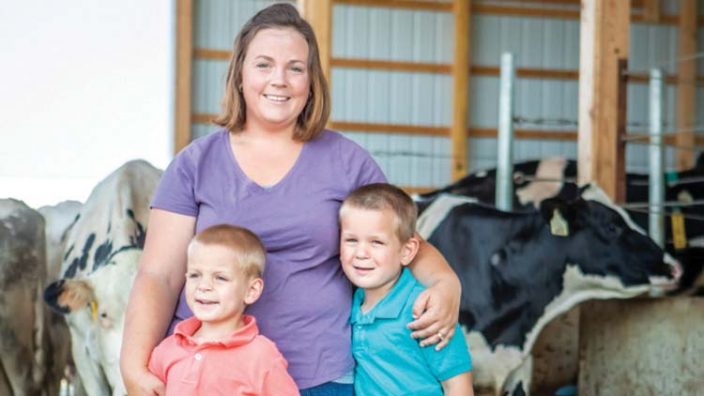
Rose Hartschuh didn’t grow up on a farm, but her children will.
Read More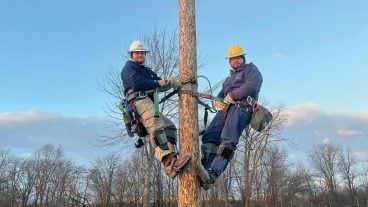
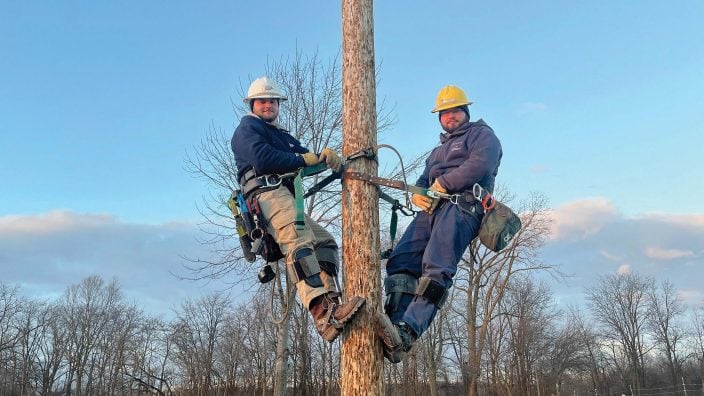
The innovative program is free to high school students who often don’t know what Ohio agriculture jobs are available.
Read More
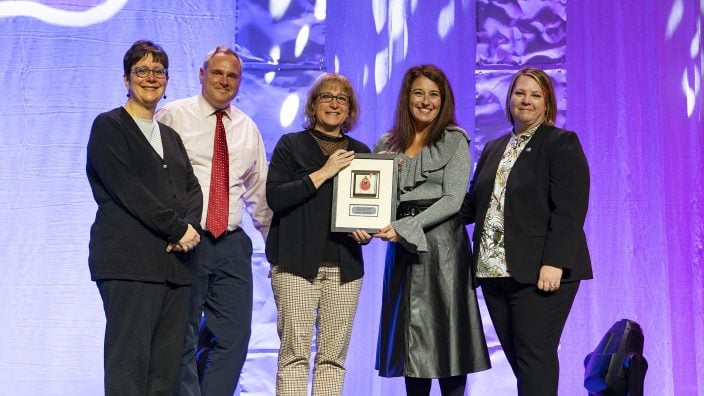
As the granddaughter of a Hardin County farmer, Jami Dellifield knew that agriculture didn’t easily make room for mental health…
Read More

Story topics include agriculture careers, farmer mental health and Farm Bureau 2022 priority issues, plus recipes and events.
Read More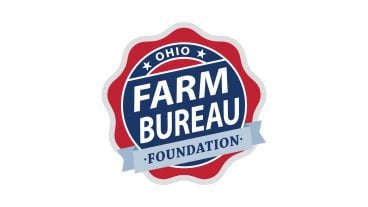
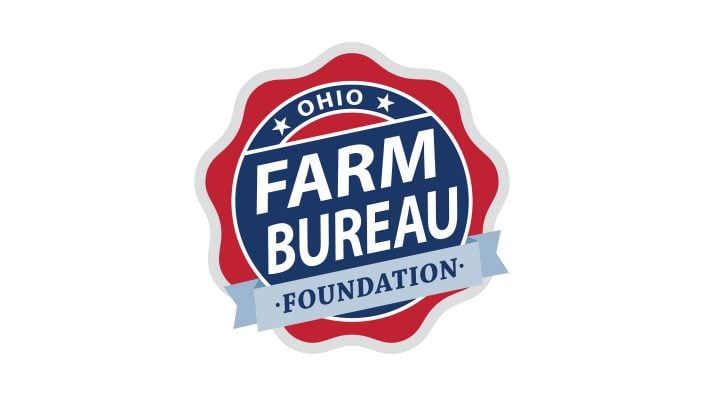
Over the last few years, the Ohio Farm Bureau Foundation has put intentional focus on its purpose architecture to create more clarity and awareness around what the foundation is and its work.
Read More

As we continue to stay ahead of the curve for farmers and ranchers, find out how we can work together to protect your next.
Read More

The strength of Ohio Farm Bureau is rooted in providing members what they need to be prosperous and that hasn’t changed over the past century, although your needs certainly have.
Read More